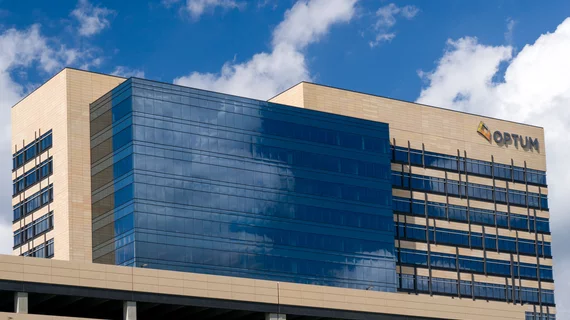Number of Americans impacted by Change Healthcare breach nears 200M
The number of Americans impacted by the Feb. 2024 breach of Change Healthcare’s network continues to climb, with a Friday update from UnitedHealth showing the total nearing 200 million.
As of the latest count, 190 million people in the U.S. had their personal data leaked in the breach, and much of that information was likely put up for sale on the dark web. That number is nearly double the 100 million officially reported to the U.S. Department of Health and Human Services (HHS) Office for Civil Rights in October, which already ranked the Change Healthcare breach as the largest ever in U.S. healthcare.
The attack was confirmed to involve the deployment of ransomware onto the company's network. Change Healthcare confirmed it paid a ransom, but its data was later held hostage a second time.
Change Healthcare’s parent company, UnitedHealth Group, maintains it has no evidence to suggest the cyberattack has been used to commit any acts of identity theft or other crimes. At this point, the majority of the 190 million people impacted have been notified and offered identity protection services, the company confirmed.
Speaking before Congress last May, UnitedHealth CEO Andrew Witty said the company estimated roughly one-third of Americans would be impacted by the hack, as Change Healthcare processes the bulk of all medical claims.
Witty also attributed the breach to a single server lacking multifactor authentication.
The 190 million figure could rise as the investigation into the breach nears its one-year anniversary. Once fully investigated, a final number will be reported to HHS.

